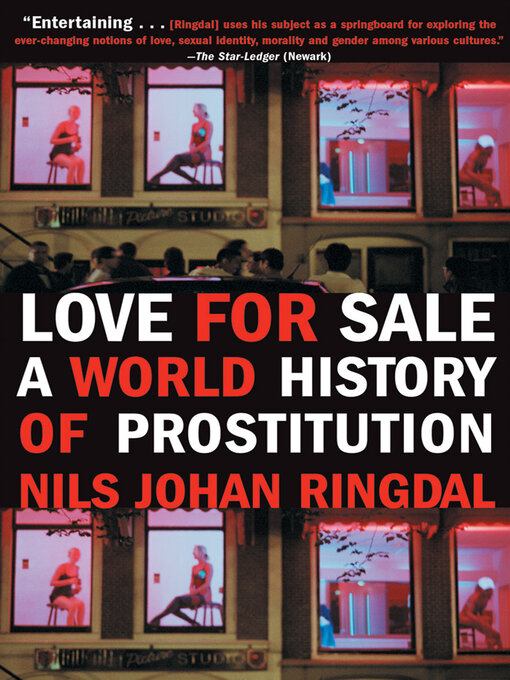- Available now
- New eBook additions
- Most popular
- Try something different
- New teen additions
- New kids additions
- See all ebooks collections
- Available now
- New audiobook additions
- New kids additions
- New teen additions
- Most popular
- Try something different
- See all audiobooks collections

